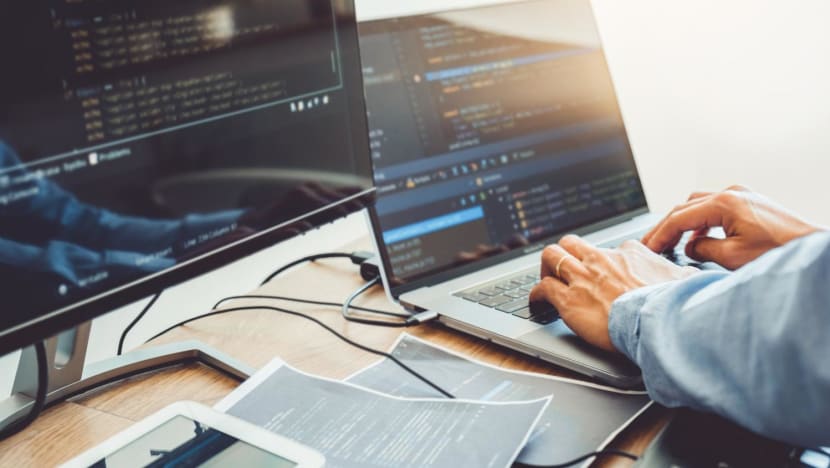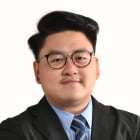Singapore launches new framework to help companies measure reliability, safety of AI products and services

Singapore launched A.I. Verify on May 25, 2022 - the world's first toolkit for companies looking to demonstrate responsible AI in an objective and verifiable manner. (Photo: iStock)
DAVOS, Switzerland: The Singapore Government is piloting the world's first artificial intelligence governance self-test.
A.I. Verify, which was launched by Communications and Information Minister Josephine Teo at the annual meeting of the World Economic Forum (WEF) on Wednesday (May 25), will allow companies to measure and demonstrate how reliable and safe their AI products or services are.
Speaking to the media on the sidelines, Mrs Teo described A.I. Verify as a way for consumers to identify products and services that they can use with a greater sense of assurance.
“If you put yourself in the shoes of an organisation that deploys AI, even if they wanted to subscribe to this idea of trustworthy and reliable AI, even if they had the intention to be transparent with their stakeholders, how are they going to do that?” said Mrs Teo.
“And that's how the idea for A.I. Verify came about. We decided that it would be helpful to organisations that make use of AI if they had a toolkit that would help in self-assessment and they can do it voluntarily.”.
AI products or services include the likes of image recognition to verify signatures, or a bank using data analytics to help guide customers' investment decisions.
The toolkit aims to help ensure companies inform users of the intended use of their AI products or services, along with its limitations and the risks involved, if any.
Mrs Teo also pointed out that developments in the digital space are moving so quickly that regulations need to keep up, and such rule-setting will require the involvement of policymakers and technology leaders.
“You have to talk to the people who are at the forefront of implementing the technology. Otherwise, you're going to set up rules and regulations that may not be viable, or they're not effective,” said Mrs Teo.“How we have decided to deal with it in Singapore is to be accretive, meaning - the areas where we have a deeper understanding and also can see a way to reasonably regulated, that is where you get started.”
Mrs Teo also pointed out that the engagements she has had with key players in the digital domain at the WEF have helped Singapore assess if it is on the right track.
“We find this to be a very useful exercise and we will continue to engage internationally. As for the domestic priorities that we have identified, whether it is updating our Cybersecurity Act, or I have also mentioned during COS (Committee of Supply) that we were introducing new codes of practice for platform accountability, for user safety - I think all those things remain. And, in fact, the conversations here have reaffirmed that those are the right priorities,” she said.
On security and protection, Singapore’s cybersecurity watchdog chief highlighted the importance of international cooperation in combatting future cyber shocks, especially for a small and open economy like Singapore, which is highly dependent on trade.
“Increasingly, trade flows, economic activity are on the digital space. So it means that it can have significant disruption if you have attacks on the digital space," said David Koh, Chief Executive of the Cyber Security Agency of Singapore, who was also present at Mrs Teo's interview with the media.
"We can't deal with these by ourselves, because the attacks that come don't come from within Singapore, they come from, in fact, anywhere in the world."













